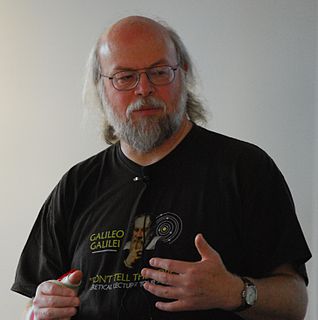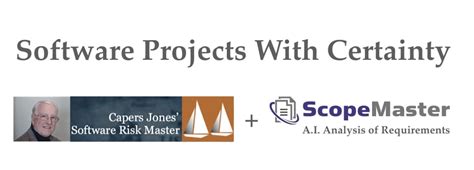A Quote by Bill Gates
We flew down weekly to meet with IBM, but they thought the way to measure software was the amount of code we wrote, when really the better the software, the fewer lines of code.
Related Quotes
There's a strong distinction to be made between dry code smart contacts and wet code's physical law. So law is based on our minds, our wetware - it's based on analogy. The law is more flexible; software is more rigid. Various laws tend to be batched in jurisdictional silos. Software tends to be independent.
I'm not of the opinion that all software will be open source software. There is certain software that fits a niche that is only useful to a particular company or person: for example, the software immediately behind a web site's user interface. But the vast majority of software is actually pretty generic.
While the creative works from the 16th century can still be accessed and used by others, the data in some software programs from the 1990s is already inaccessible. Once a company that produces a certain product goes out of business, it has no simple way to uncover how its product encoded data. The code is thus lost, and the software is inaccessible. Knowledge has been destroyed.
When we take a top-tier view of the amount of code showing up inside of Linux today that is either directly related to our Unix System 5 that we directly own or is related to one of our flavors of Unix that we have derivative works rights over--we don't necessarily own those flavors, but we have control rights over how that information gets disseminated--the amount is substantial. We're not talking about just lines of code; we're talking about entire programs. We're talking about hundred [sic] of thousands of lines of code.
In this respect a program is like a poem: you cannot write a poem without writing it. Yet people talk about programming as if it were a production process and measure "programmer productivity" in terms of "number of lines of code produced". In so doing they book that number on the wrong side of the ledger: we should always refer to "the number of lines of code spent".
The security world needs to take a more proactive approach. A lot of companies will know an exploit exists and they'll release the software anyways, and the patch later on. Stuff like this needs to stop. There needs to be some kind of agency that verifies code before it's released, maybe a grading system for code.



































